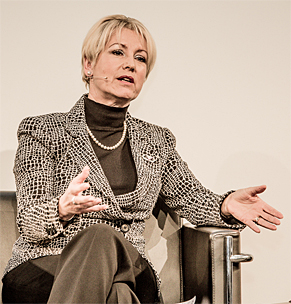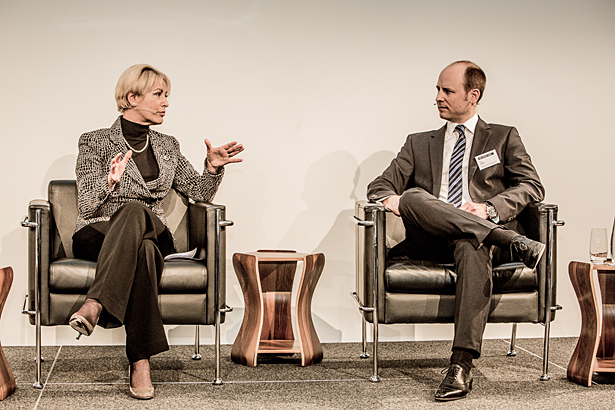In an discussion with Mark Dittli, chief editor of Swiss newspaper "Finanz und Wirtschaft", Corley observed that the bull market for bonds and a favorable environment for equities had given way to one of sub-par global economic growth. With easing measure by central banks resulting in low interest rates and moderate inflation, the “golden period” is well and truly over.
For investors, the world that has emerged after the collapse of Lehmann Brothers sparked the financial crisis is a disaster. This is not only because the era of healthy returns has passed, but also because, in worst case scenarios, returns can actually be negative. Unfortunately, she said, Allianz Global Investors believes this world of financial repression is definitely going to stay.
This is because governments learned from the 1970s, that interest rates below inflation helped them deleverage their debt in an efficient, mostly silent way, with limited controversial public discussions, such as those caused by raising taxes.
“The biggest risk is not to take risk!”
Interviewed before an audience of 100 Swiss investment professionals at the Fund Experts Forum in Zurich, Corley said she believed the current environment meant there was an urgent need to redefine risks for investors in order to gain returns for them.
“Risk-free assets don’t exist anymore,” she told Dittli who asked if this is also true for government bonds which are broadly thought of as “risk-free assets” in portfolios.
With an ironic smile, Corley answered, “Well according to Basel III and Solvency II, of course not.”

